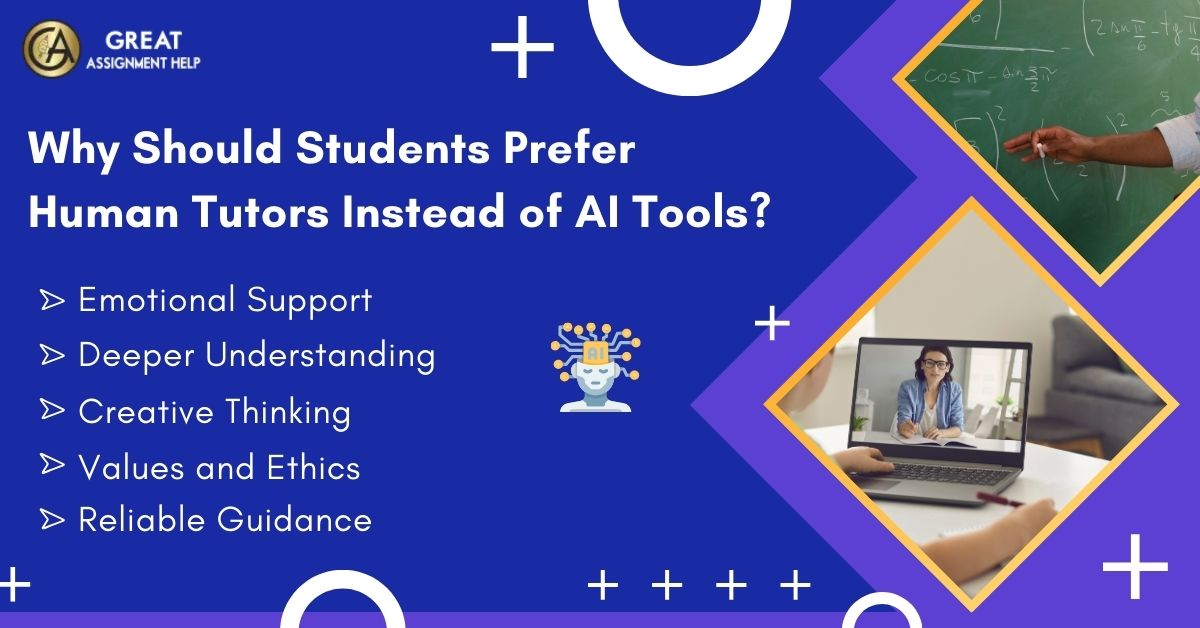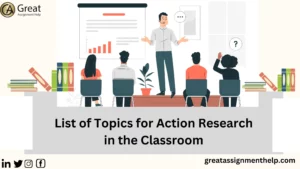This article has been reviewed and updated with current information, new examples, and the latest academic requirements for 2025
AI makes it easier for students to cheat in higher education. But there are ways for colleges to stop it. Especially, by being transparent about AI use, changing assessment methods, and focusing on human skills, educational institutions can promote honest learning and prevent AI-based cheating in academics.
Artificial Intelligence (AI) technology has significantly transformed several fields. Particularly, in the education sector, AI has both advantages and disadvantages. By using AI, students can improve their learning process. However, at the same time, AI also provides new means of cheating for students. Currently, student use of AI for cheating is one of the serious issues faced by colleges and universities. Therefore, this leads to a question about how to use AI in a way that supports learning without enabling dishonesty. If you want to understand the impact of AI on cheating in higher education and how to maintain academic integrity, then continue reading this blog.
Understand the Use of AI among Students
In recent times, the majority of students across the globe are using AI tools to finish their coursework. The survey conducted by bestcolleges.com says that 56% of students have utilized AI to complete assignments or tests. Another survey conducted by Nerdynav also revealed that 43% of students use AI tools such as ChatGPT. Moreover, among them all, 89% use AI tools for homework help, 53% for essays, and 48% for take-home tests. These survey results show that educational institutions should create strict guidelines on how students can use AI tools in academics.
Is Using AI for Academic Work Considered Cheating?
There is a big debate about whether using AI for academic work is considered cheating. According to a bestcolleges.com survey, half of the students think it is cheating, while the other half don’t. This disagreement shows that schools, colleges, and universities need to create clear rules and educate students about what is acceptable when using AI tools. As a result, it will help everyone get a shared understanding of ethical AI use in education.
Teachers’ Concerns on Detecting AI Cheating
Many teachers worry that students are using AI to bypass academic rules too easily. A recent survey found that 96% of instructors think some students have cheated in the past year by using AI tools. Generally, it is hard to detect when students use AI to generate content. Sometimes, a certain regular plagiarism checker tool will not work well. Also, at times, even special AI detectors will provide incorrect results. All these challenges involved in detecting AI cheating might create problems for academic institutions and faculty.
How Do Colleges Prevent AI-based Cheating?
Mainly, to prevent AI-based cheating, colleges and universities are updating their academic policies and practices. These are some key strategies that the majority of educational institutions follow to prevent AI cheating and promote academic integrity
- Invest in tools, like GPTZero and Turnitin, that can detect AI-generated work. These tools are not perfect, but they are a good starting point to catch cheaters.
- Change the way they assess students. Instead of traditional exams and essays, they implement new testing techniques, such as oral exams and project evaluations that are more challenging for AI to assist with.
- Educate students on how to use AI ethically through workshops, seminars, and revised course materials.
- Develop strict academic integrity policies that deal with the misuse of AI in education.
- Provide assignments that make AI cheating harder. Mostly, they give assignments that require strong problem-solving skills.
Consequences of AI Cheating in Higher Education
Students accused of cheating with AI can face serious consequences, like failing grades, suspension, or expulsion. However, some accusations might be wrong because AI detection tools aren’t always reliable. This can unfairly blame innocent students who didn’t cheat. If this happens, students might need a lawyer who knows about education law to help them. A lawyer will explain their rights, fix mistakes in the process, and ensure a fair hearing. Especially with legal help, students can defend themselves properly and make sure the school handles the case fairly.
Why Should Students Prefer Human Tutors Instead of AI Tools?

If you are a student pursuing your higher education, then to avoid the consequences of AI cheating, get help from your academic tutors. Here, let us explore some major reasons why you should rely on tutors for assignment help instead of AI-based tools
Emotional Support
Human tutors can offer emotional support and understanding that AI cannot provide. Specifically, they will notice how you are feeling and adjust their teaching to help you. Also, they will encourage you when needed by creating a better learning environment and helping you stay motivated. This personal connection with a human tutor will make learning more effective for you.
Deeper Understanding
Generally, human experts understand a subject better than AI. So, they can easily grasp the important concepts and provide real-world examples that fit your needs and background. But AI has limited knowledge and will get outdated. As human tutors can provide more personalized explanations, it will be easy for you to improve your subject comprehension.
Creative Thinking
AI is great at processing information, but human educators are better at helping you think critically, solve problems, and be creative. They will encourage you to analyze differently, question assumptions, and come up with new ideas. Unlike AI, humans can help you develop innovative solutions that are not limited to existing knowledge. This will help you learn and grow in a more meaningful way.
Values and Ethics
Education is not only about teaching facts. It also involves teaching values, ethics, and social awareness. Human instructors are better at guiding you in discussions on complex issues and helping you make responsible decisions. Unlike AI, humans can help you understand the nuances of ethics and social considerations. This will make them essential in shaping you into a balanced person.
Reliable Guidance
Human instructors can give you personalized feedback, clear up your misunderstandings, and adjust their teaching to fit your needs. Therefore, human guidance will be more trustworthy and effective for you. On the other hand, AI will struggle to provide reliable sources. This will make it harder for you to trust the information it provides.
How to Face AI Cheating Challenges and Maintain Academic Integrity
Trying to keep up with AI in academics is a tough challenge because the technology keeps advancing rapidly. Even tools meant to detect AI-generated work are often inaccurate. So, instead of banning the use of AI tools, colleges should let students use them openly and set clear guidelines on how to use them properly. This way, students can benefit from AI while learning, and everyone knows what is and is not allowed. Furthermore, by being transparent and setting rules, colleges can help students maintain academic integrity.
Wrapping Up
AI is changing higher education by bringing both benefits and risks to academic integrity. To prevent AI-powered cheating, the majority of educational institutions are using a mix of technology, education, and new policies. Alternatively, by teaching students to use AI ethically and updating assessment methods, colleges can make the most of AI while keeping academic standards high. If you are a student struggling to do your assignments or coursework, then instead of using AI tools, approach a subject expert for assignment help. Using AI for assignments might lead to serious consequences. But when you hire an experienced assignment helper from our platform, you can gain several advantages. Our team of assignment experts will help you effectively complete your task on time, improve your subject understanding, and achieve top grades.



